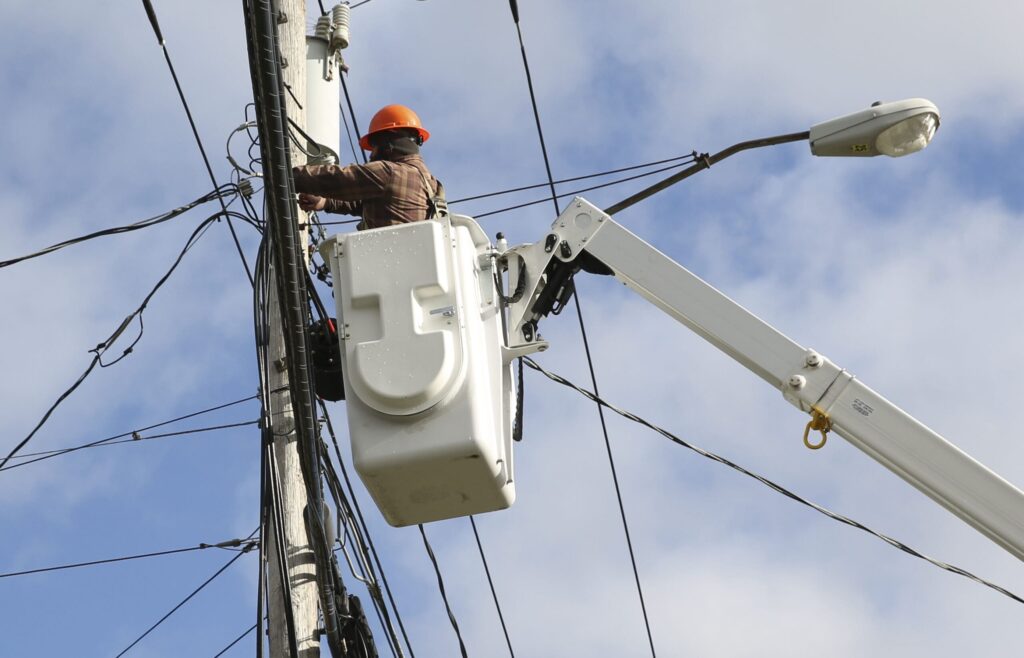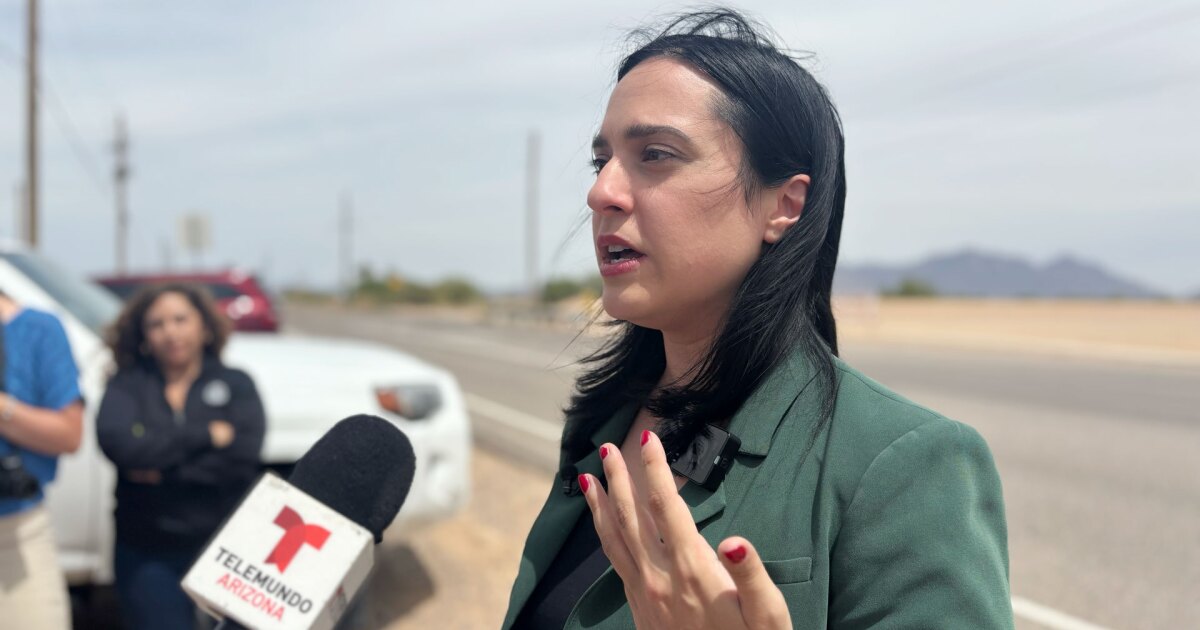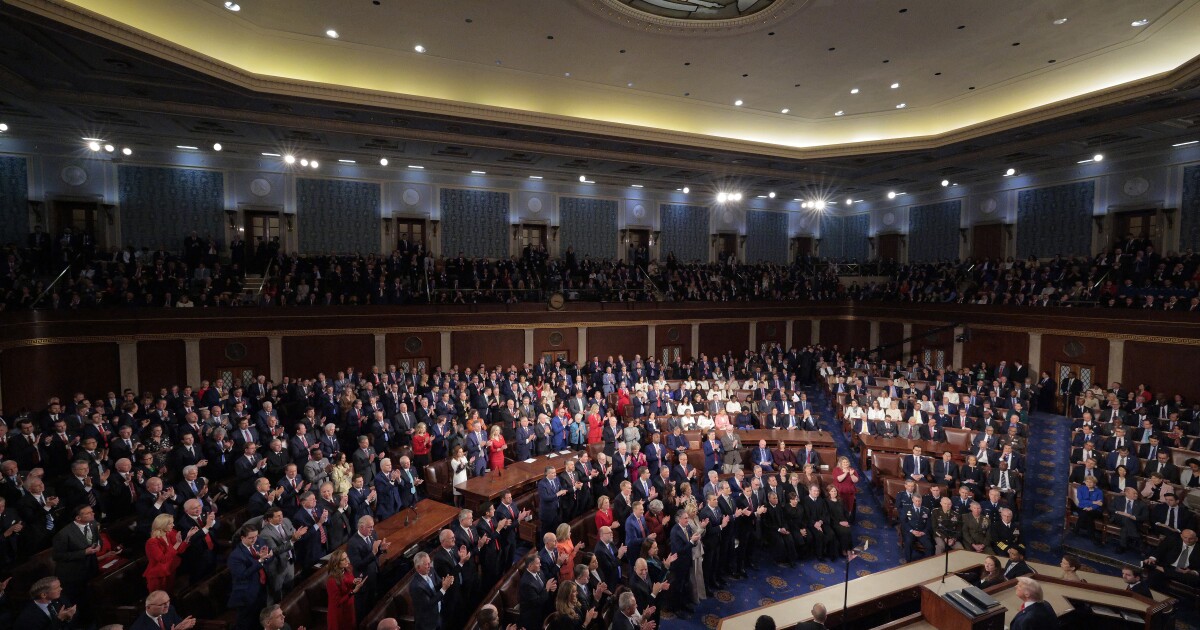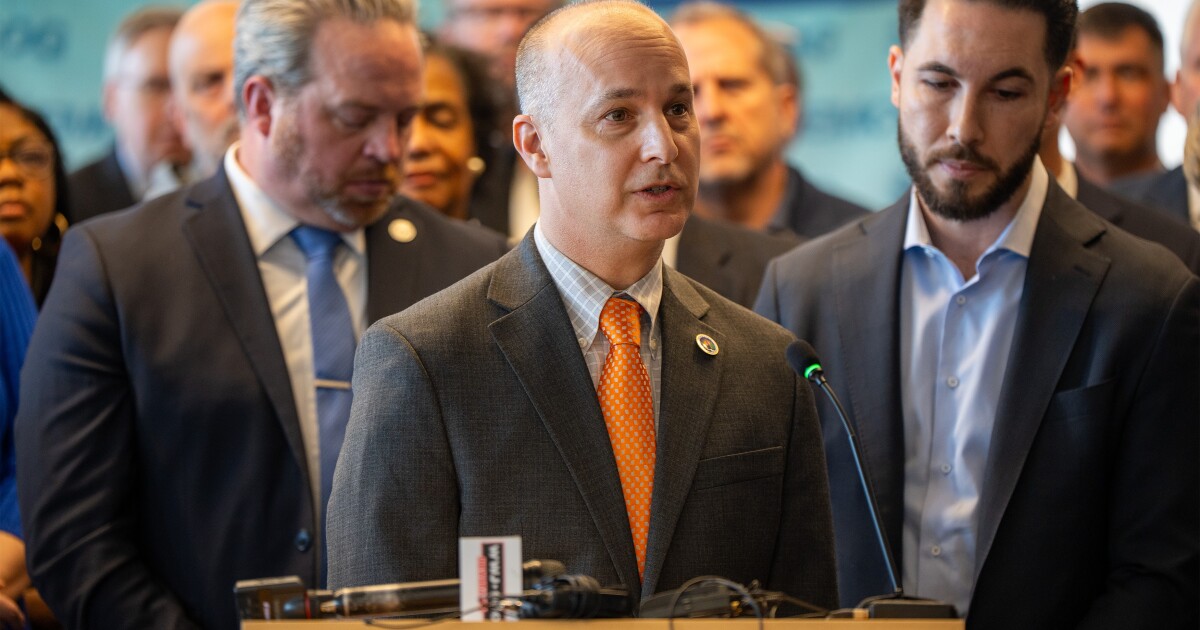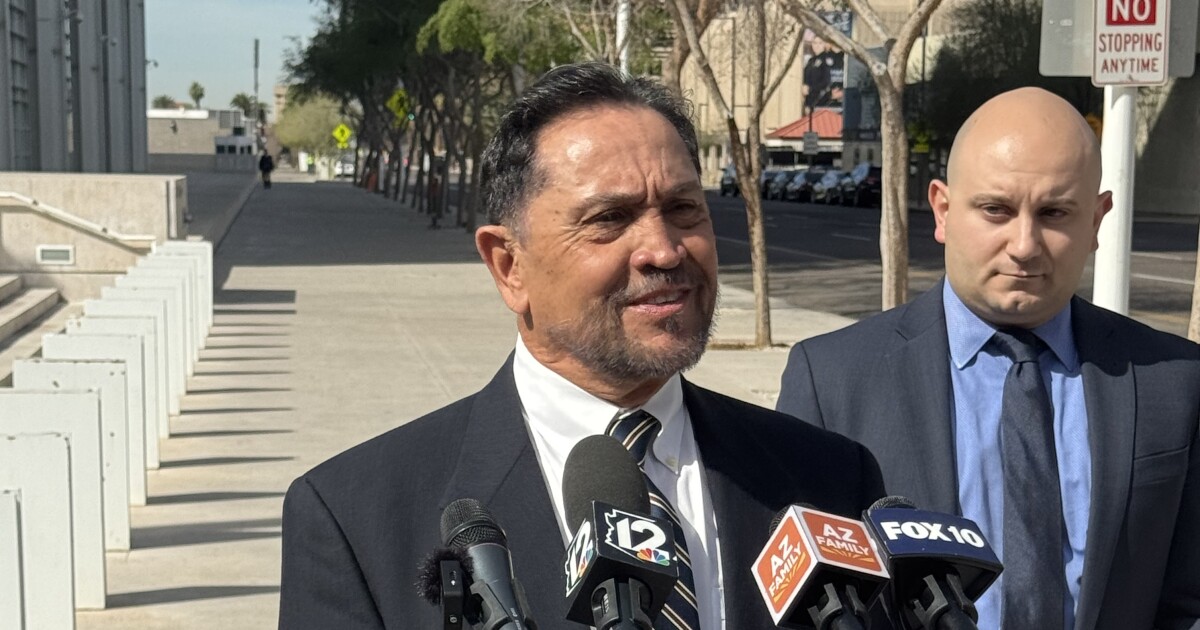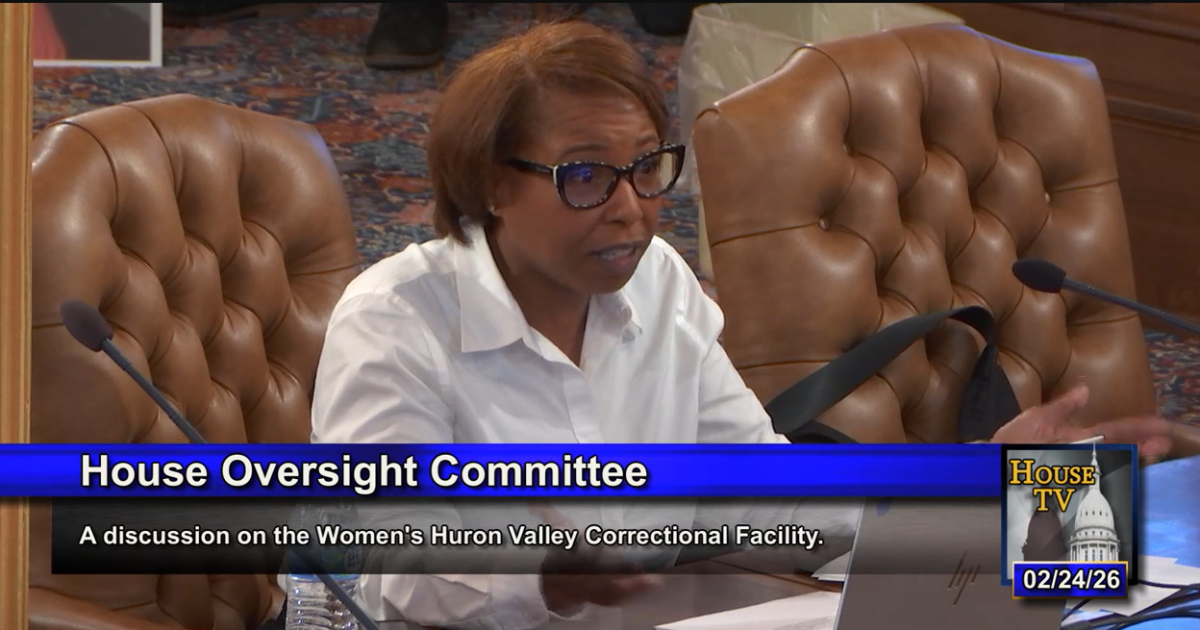Article Summary –
Federal funding has been crucial in expanding internet access in rural Wisconsin, but new rules under the Trump administration delayed funding distribution by requiring states to reopen the bidding process for grants, impeding progress in connecting communities. Governor Tony Evers has criticized these delays, emphasizing the importance of timely investments and proposing substantial funds for broadband expansion, only to face cuts from the state Legislature due to perceived federal funding. Despite these challenges, efforts continue with revamped grant proposals submitted under new federal rules, aiming for significant funding for service providers in counties like Langlade and Dunn, with construction set to begin in 2026.
Federal funding has significantly aided rural Wisconsin’s internet access, says Angie Close of Langlade County Economic Development Corporation. The area, heavily wooded and rural, has long faced sporadic connectivity.
In June, Trump’s administration introduced new rules for the Broadband, Equity, Access and Deployment (BEAD) Program, established under the Bipartisan Infrastructure Law, delaying state funding for internet projects. These rules forced states to reopen the grant bidding process, causing project delays.
“Delays in funding slow efforts towards high-speed internet for Wisconsinites,” said Democratic Gov. Tony Evers. His administration has enhanced internet access for over 410,000 homes since 2019. However, more work remains.
With federal delays, Evers proposed $400 million for broadband in the state budget, but the Republican-led Legislature cut it, deeming it unrealistic. They also rejected $750 million in broadband funding in 2023, citing existing federal aid.
Dan Dunbar, Dunn County manager, described rural internet access as “like a donut,” with sparse service outside Menomonie. The COVID-19 pandemic intensified the need for reliable connectivity as daily activities moved online.
Some Langlade County residents were initially hesitant about internet but recognized its necessity during COVID-19. The school district provided hotspots to students, and internet hubs were established for community access.
Providers hesitate to expand into rural Wisconsin due to low profitability, as Dunbar noted. “In rural areas with fewer homes, costs remain but revenue declines. Providers seek assistance through grants,” he explained.
Dunn County nears full internet coverage for its residents, becoming one of Wisconsin’s first rural counties with such service. “Government subsidy is essential for rural broadband expansion,” Dunbar emphasized.
Langlade County still has 3,438 households lacking high-speed internet, Close noted. “Without funding and partnerships, we’d struggle to have our current access,” she said.
In September, Wisconsin’s Public Service Commission submitted $690 million in revised grant proposals under new federal rules. These include $13.9 million for Langlade County and $253,500 for Dunn County providers. Federal approval is pending, with construction expected in 2026.
“Despite Trump Administration delays, our submission of final proposals showcases our dedication to delivering this essential funding,” Evers stated.
—
Read More Wisconsin News

